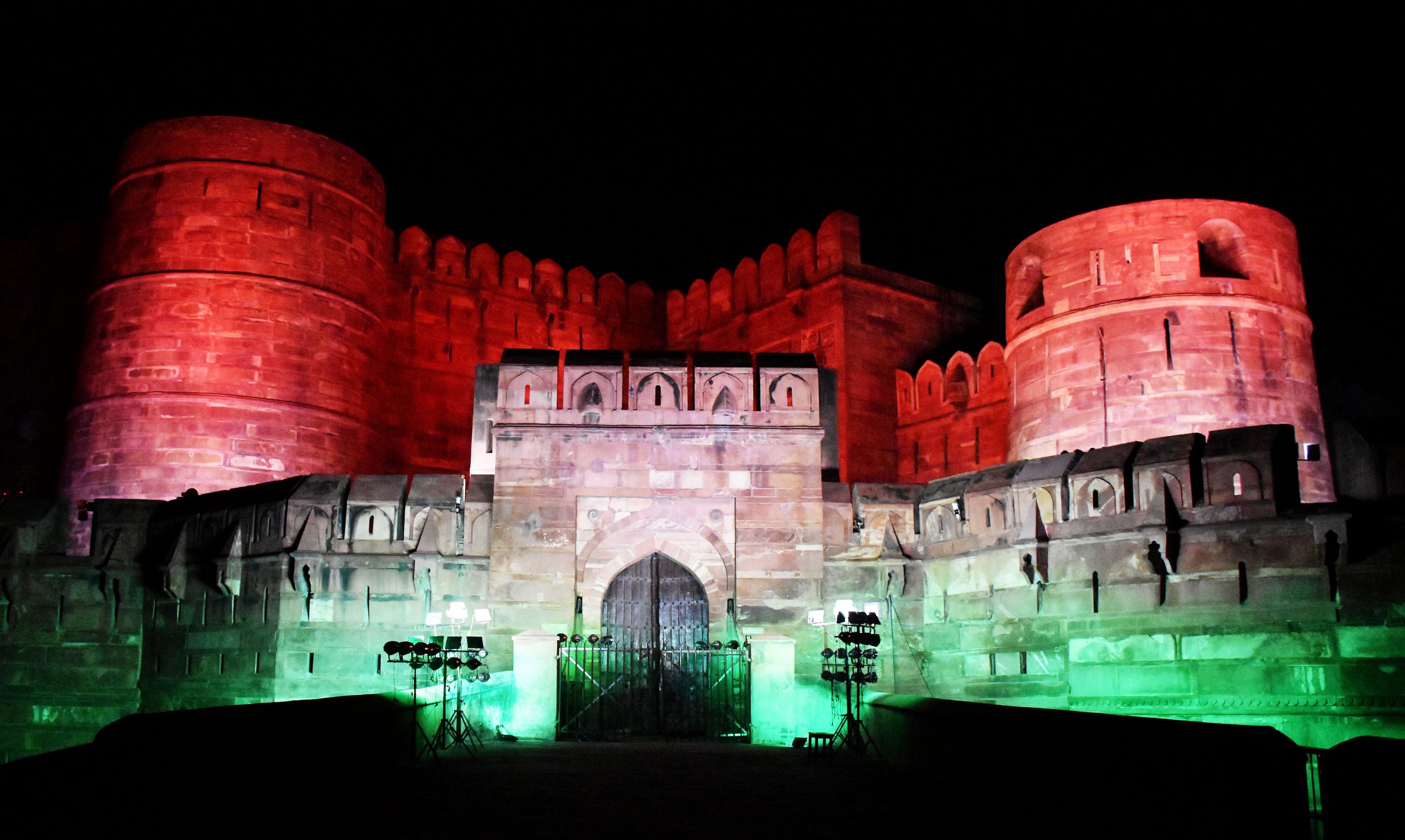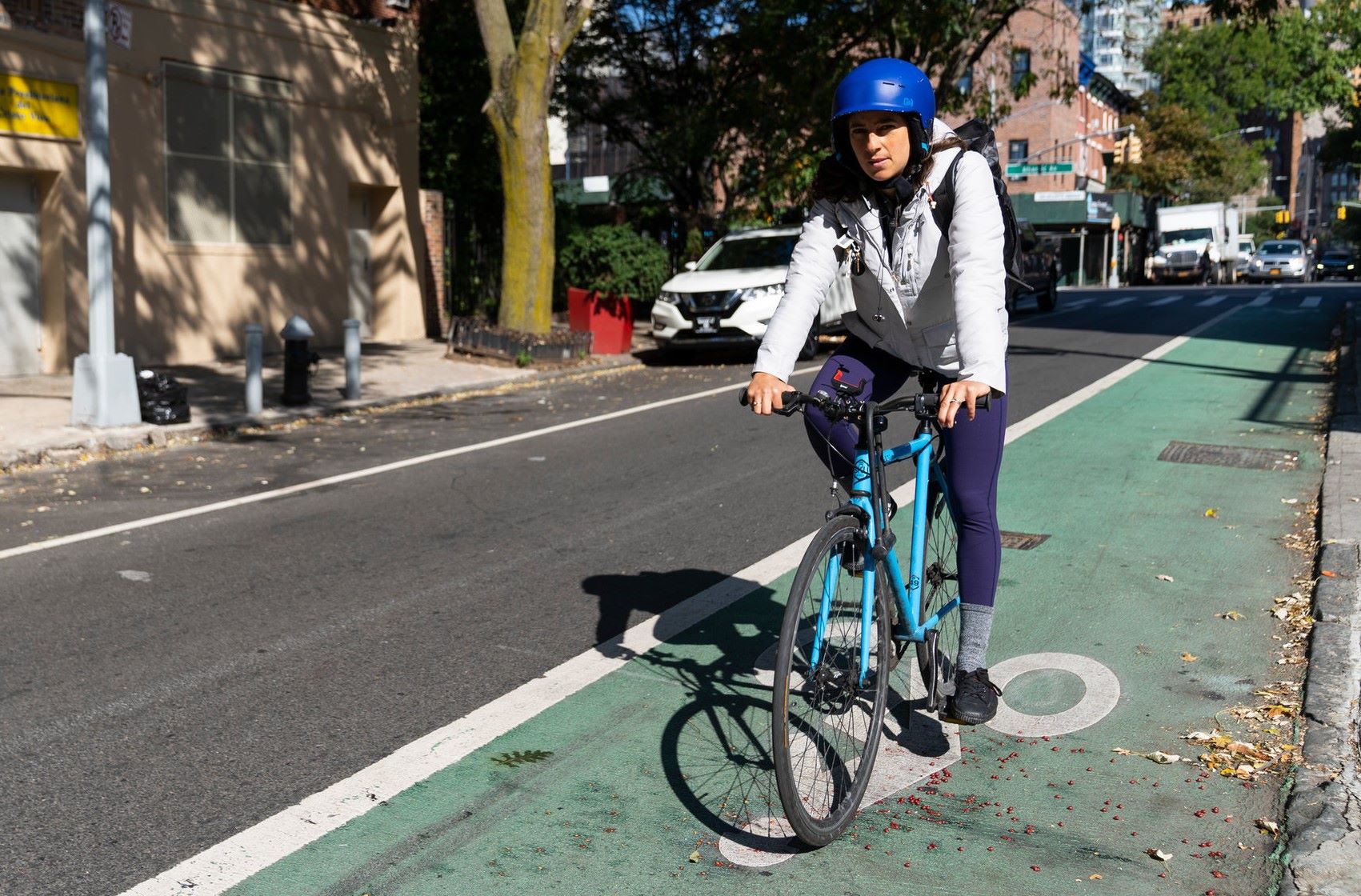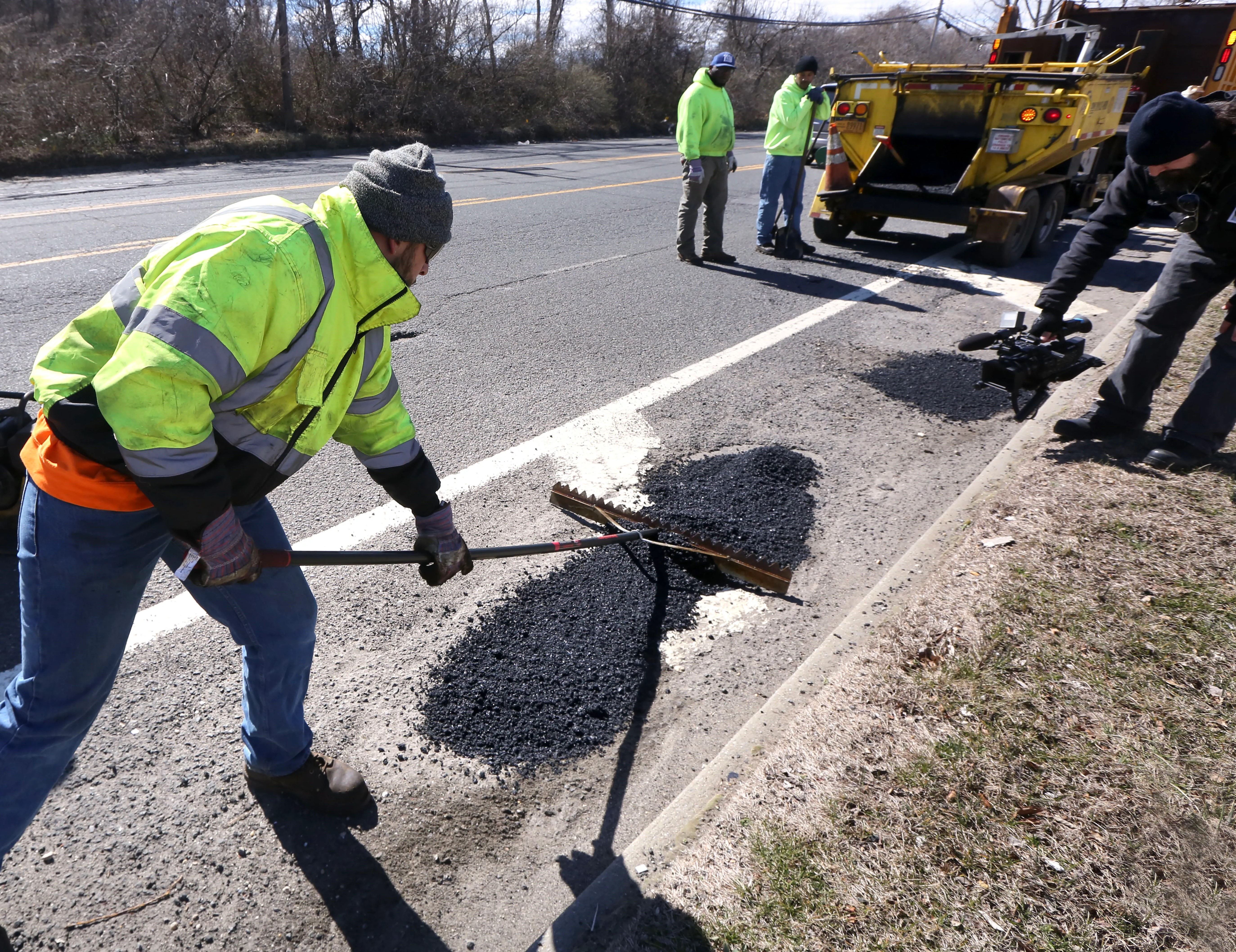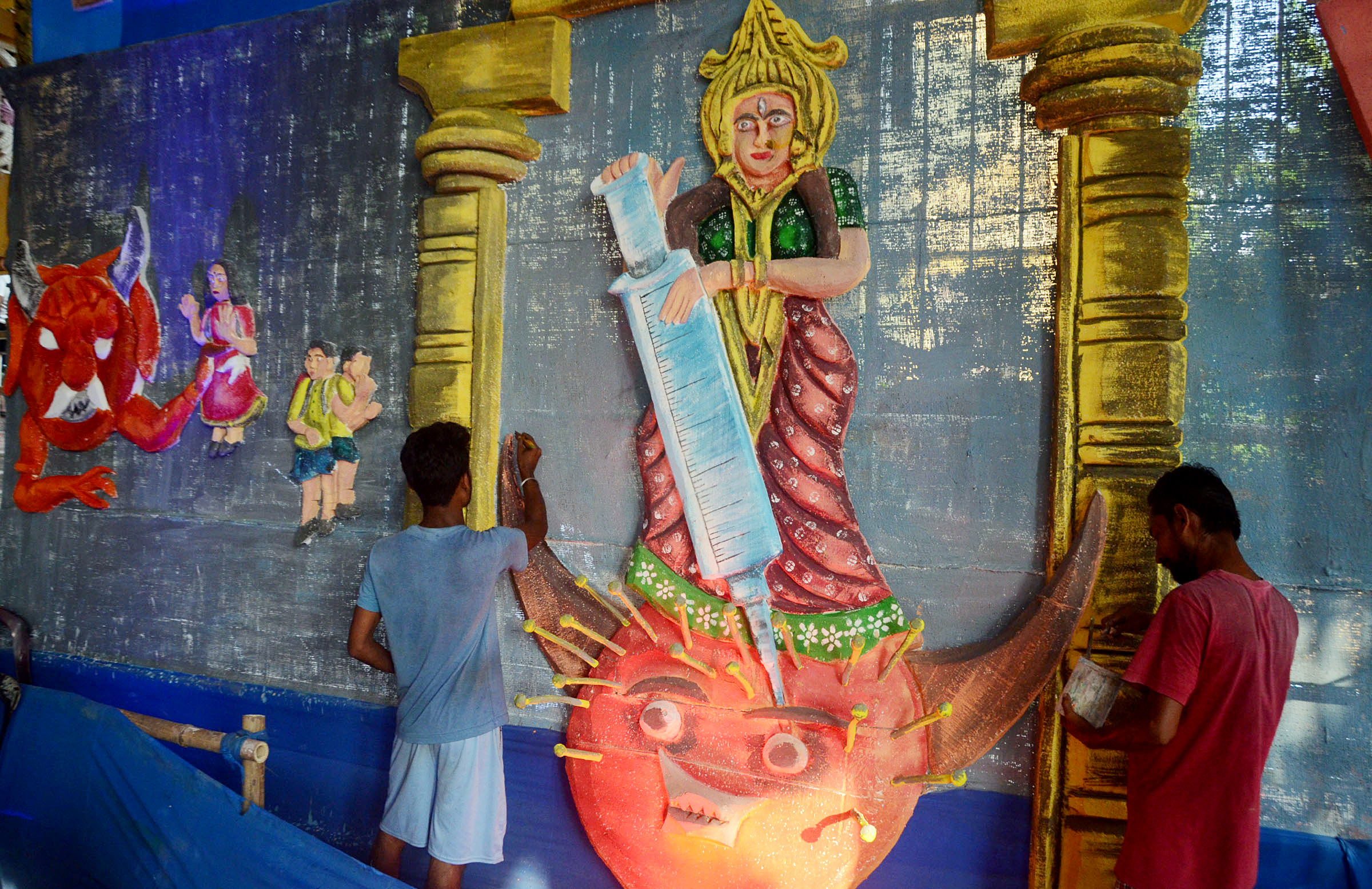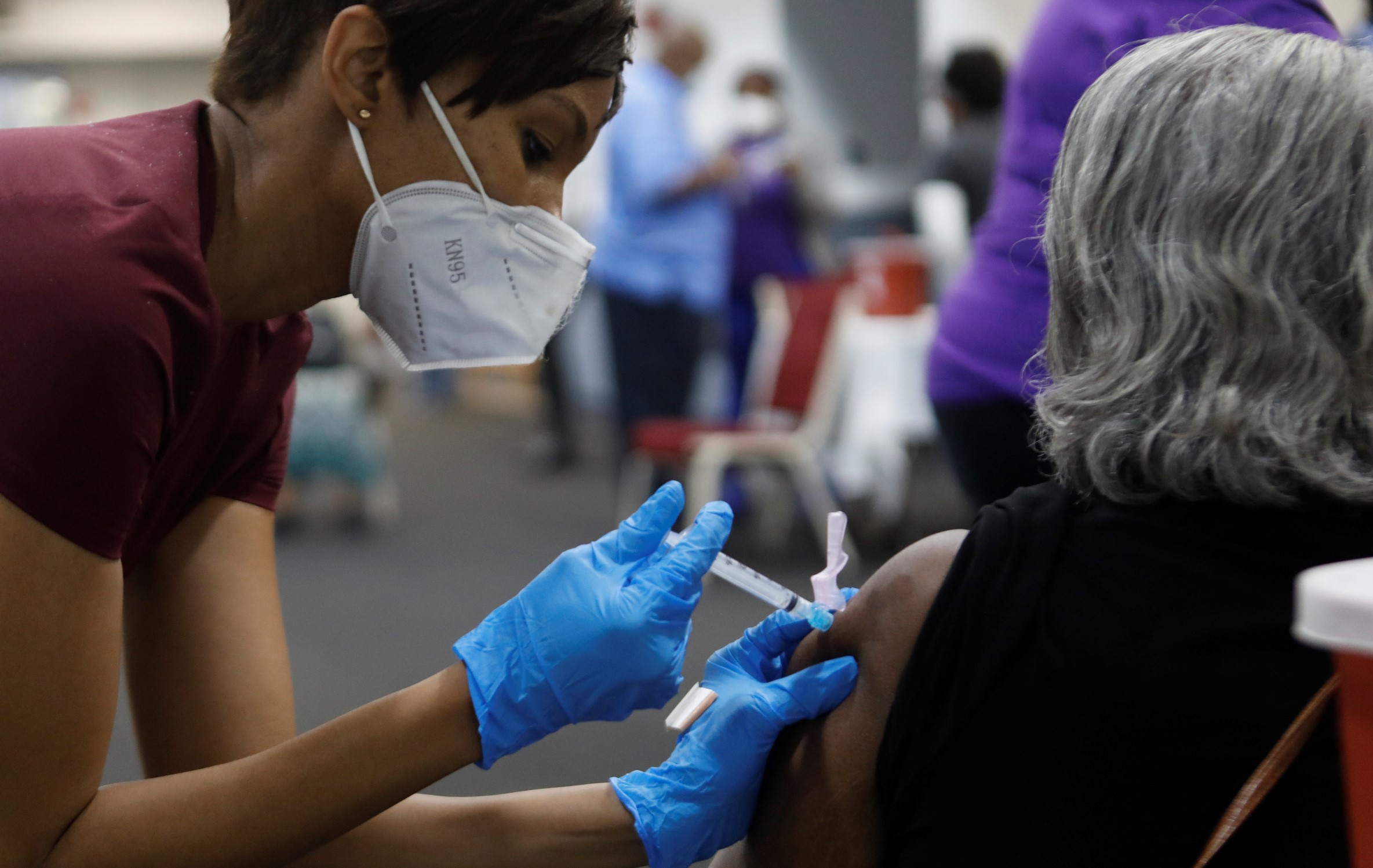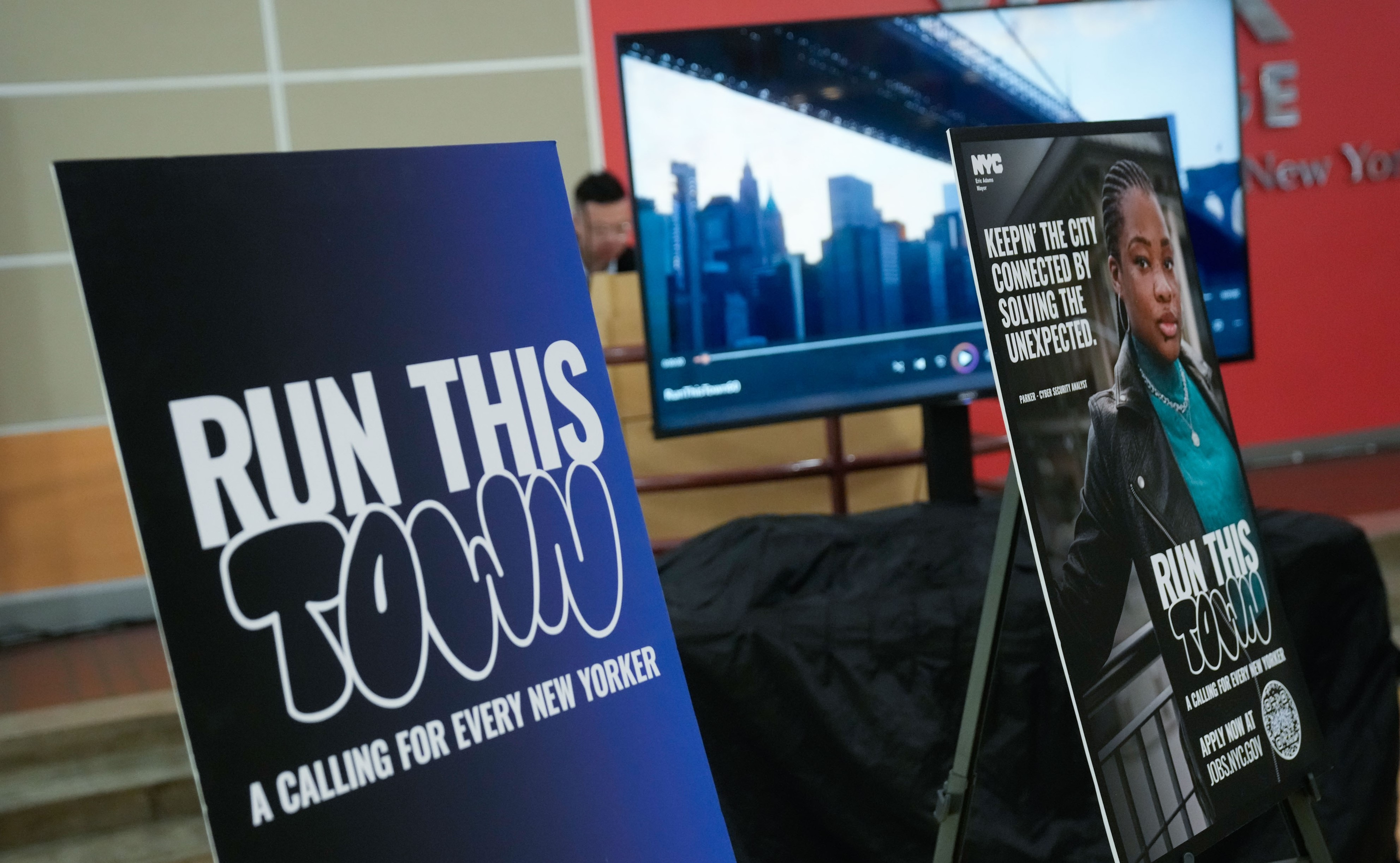Views and opinions from the top commentators in Indian media
The clash of self-congratulatory cymbals is being heard, once again, as India has crossed the mark of 100 crore administered doses of Covid-19 vaccine. The prime minister has stated that the nation has scripted history and the occasion is being marked by several events, including the unfurling of a khadi tri-color from the Red Fort. This milestone in India’s inoculation campaign is, indeed, an achievement. The number of administered doses was a paltry 415 million only three months ago and has since gone beyond the 100-crore barrier. This can only mean that the campaign has gained momentum with the removal of bottlenecks in the production of indigenous vaccines as well as greater public receptivity towards vaccination. The Centre’s enthusiasm to mark the achievement is a bit strange though. The battle against the pandemic is a public responsibility of an elected government. There is no need for indulging in conceit especially as India has a long way to go in terms of achieving full immunity. Existing data should temper the brouhaha. The Centre has set itself the target of inoculating all adult Indians by the end of this year. This means that as of Wednesday, 892 million doses need to be given over the remaining 72 days. Moreover, only 30 per cent of the total eligible population of recipients has received the mandatory two doses while nearly 70 million vulnerable adults are yet to receive even a single dose.
— The Editorial Board, The Telegraph
Second dose challenge
That we are nearing the landmark of 100-crore Covid inoculations is certainly a morale booster, especially when we look back at the first half of 2021, when there was uncertainty about the planning and pace of the programme amidst a devastating second wave. While there is a need to complete second doses for many, which the government is addressing as a priority, we can draw satisfaction from the fact that over 70 per cent of the population has received at least one shot. Combined with the natural immunity that may still be lingering among those infected in the Delta-charged second wave a few months ago, a large number of Indians may presently be protected against serious illness and death from the virus.
In terms of single-dose vaccinations, we are ahead of the United States (66 per cent). This is because anti-vaccine resistance is minimal in India, where apathy and the feeling that the “worst is over” are greater barriers than political or religious opposition. As immunity from the first dose or natural infection fades, we need to ensure a second dose is administered to all eligible persons by March 2022. We should aim for 100 crore more vaccine shots, building on the momentum.
— K Srinath Reddy, The Indian Express
Lessons for police
SC has to again school UP on the Lakhimpur probe. State police is failing at essentials
The Supreme Court took suo motu notice of Uttar Pradesh’s Lakhimpur Kheri case when the state failed to make any arrests even three days after the grisly violence there, and speculation mounted as videos made their way to the social media. Since then, SC has had to continue to prod the UP government to do its job properly, repeatedly voicing such concerns as whether the state is “not investigating properly”, “dragging its feet”, “going soft” on the accused, all of which together suggest an attempt to turn the investigation into “an unending story”. Among the probing questions the court asked this Wednesday, the critical one was why the statements of only 4 out of 44 witnesses so far have been recorded before a judicial magistrate under CrPC Section 164.
India’s abysmal conviction rate under criminal laws owes a lot to such intentional/unintentional negligence in the early stages of any case. Because of the extra evidentiary value of witness statements under Section 164, they help minimize the incidence of witnesses turning hostile later.
— Editorial, The Times of India
The two Quads
The UAE is India’s second-largest trade partner. The Indian diaspora is the largest expat community in the UAE and many other Gulf countries.
India has elevated ties with both Israel and the UAE to strategic ones. The visit of Army chief Gen MM Naravane to the UAE and Saudi Arabia last December has given a major fillip to defense cooperation between India and her Gulf partners. India has also participated in military exercises with both Israel and the UAE, and of course with the US.
The original Quad, initiated as a counter to China in the Indo-Pacific, has demonstrated that it would not become a military bloc but would co-operate in creating alternative supply chains, vaccine production, and technological cooperation.
The geopolitical context in the Middle East is a little different. Both Israel and the UAE have excellent relations with China. However, the Chinese courting of Iran, especially its much-hyped $400 billion deal with Iran last year, offers both these countries an incentive to seek alternative partnerships.
— Aditi Bhaduri, The Quint
Every week, we look at what the top commentators in the Indian media are talking about and bring to you a slice of their opinions and comments
















